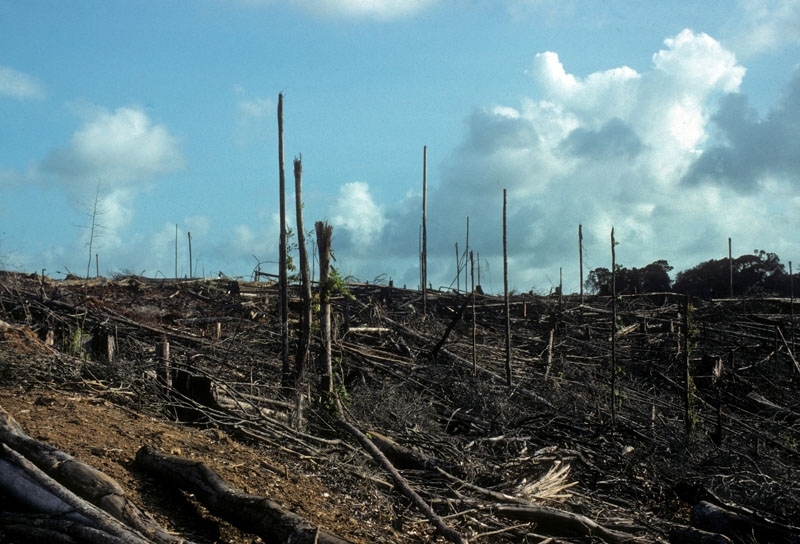Simon Black –
Examples of failing systems are numerous, although often the finger of blame is pointed at the people who are at the sharp end.
In a blame culture managers will identify the problem as being the people at the sharp end. Blame is both self-fulfilling and self-deluding: it does not help us to understand what has gone wrong and why, because we are basing our judgement on a misplaced assumption ‘people are the problem‘.
There is a neat way to define the power of the system, versus the expectations placed on people, in a quote attributed to Geary Rummler:
“Put a good performer in a bad system
and the system wins every time”
So should we blame the manager? Well, simply, yes, because their job is to manage the system (and to improve it). In fact, that is pretty much all that their job should involve. As a coservation leader you must set up the goals, roles and work for your teams so that they are able to deliver the purpose of the conservation programme – and so that they know whether they are achieving this or not.
Further reading:
Deming W.E. (1982) Out of the Crisis, MIT CAES, Cambridge MA.
Rummler G. and Bache A. (1995) Improving Performance: how to manage the white space in the organization chart. Jossey-Bass, San Francisco.
